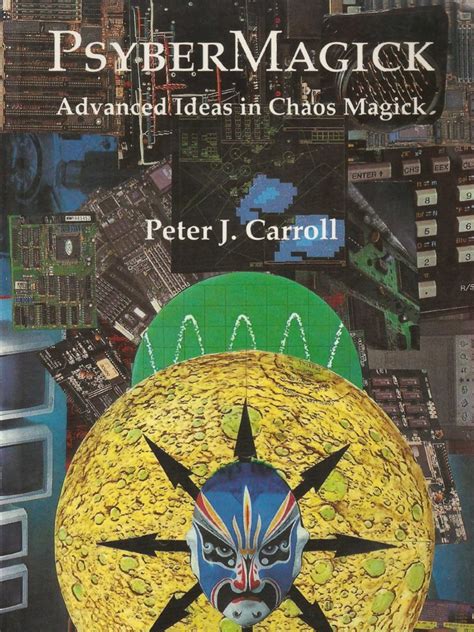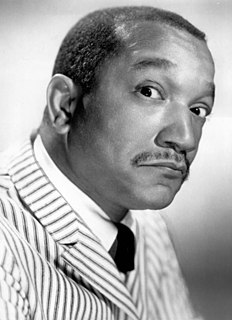A Quote by Ray Bradbury
Electronic books are junk.
Quote Topics
Related Quotes
One of the many things I love about bound books is their sheer physicality. Electronic books live out of sight and out of mind. But printed books have body, presence. Sure, sometimes they'll elude you by hiding in improbable places... But at other times they'll confront you, and you'll literally stumble over some tomes you hadn't thought about in weeks or years. I often seek electronic books, but they never come after me. They may make me feel, but I can't feel them. They are all soul with no flesh, no texture, and no weight. They can get in your head but can't whack you upside it.
Electronic books are ideal for people who value the information contained in them, or who have vision problems, or who like to read on the subway, or who do not want other people to see how they are amusing themselves, or who have storage and clutter issues, but they are useless for people who are engaged in an intense, lifelong love affair with books. Books that we can touch; books that we can smell; books that we can depend on.
In some ways it's hard to see electronic music as a genre because the word "electronic" just refers to how it's made. Hip-hop is electronic music. Most reggae is electronic. Pop is electronic. House music, techno, all these sorts of ostensibly disparate genres are sort of being created with the same equipment.
I really want some meaning. It used to be easy to toss it off. Now it's harder and harder. You have to navigate just to find something that has nourishment. It's the absence of nourishment. What do you do in place of nourishment? It's usually junk. Either it's junk food or junk clothes or junk ideas.
If you realized how powerful your thoughts are, you would never think a negative thought. They can be a powerful influence for good when they're on the positive side, and they can and do make you physically ill when they're on the negative side. I don't eat junk foods and I don't think junk thoughts! Let me tell you, junk thoughts can destroy you even more quickly than junk food. Junk thoughts are something to be wary of.
If you wish to alter or annihilate a pyramid of numbers in a serial relation, you alter or remove the bottom number. If we wish to annihilate the junk pyramid, we must start with the bottom of the pyramid: the Addict in the Street, and stop tilting quixotically for the "higher ups" so called, all of whom are immediately replaceable. The addict in the street who must have junk to live is the one irreplaceable factor in the junk equation. When there are no more addicts to buy junk there will be no junk traffic. As long as junk need exists, someone will service it.
People are more likely to search for specific books in which they are actively interested and that justify all of that effort of reading them. Electronic images and sounds, however, thrust themselves into people's environments, and the messages are received with little effort. In a sense, people must go after print messages, but electronic messages reach out and touch people. People will expose themselves to information in electronic media that they would never bother to read about in a book.
For me, the most painful thing is the thought of shelves without books. This is the problem with the digital thing. I do not want to see it on electronic. I do not want to see all of those indices on Kindle. I don't want this physical object to disappear, because when it's there and it's present, it's continually suggesting new relationships in a way that an electronic index couldn't.





































